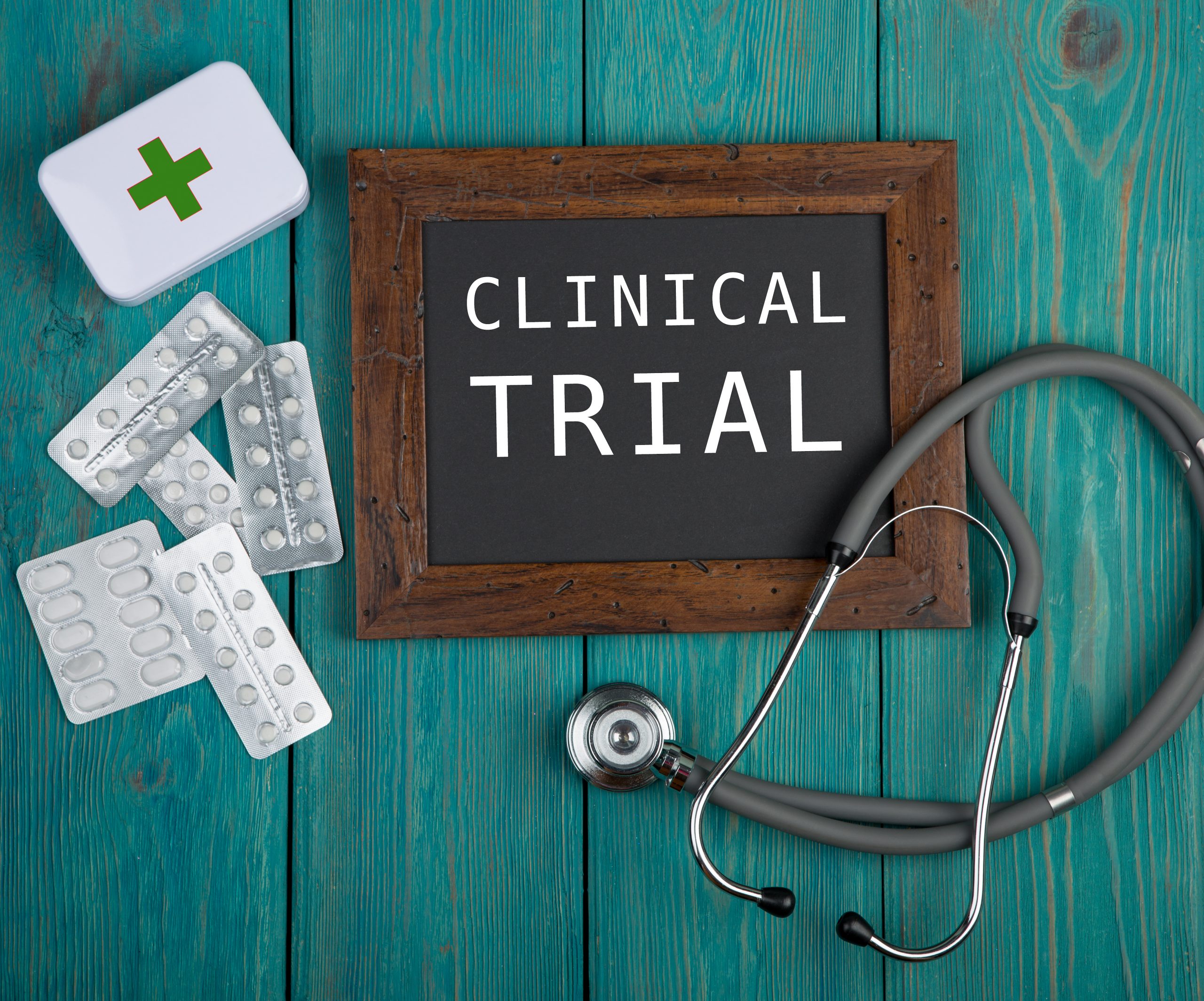Phase 1 Trial of Stem Cells in Treating Bradykinesia to Open in US
Written by |

A Phase 1 clinical trial evaluating umbilical cord-derived mesenchymal stem cells (MSCs) as a potential treatment of bradykinesia — slowness or difficulty with movement — in people with Parkinson’s disease is expected to soon open in the U.S.
Recruitment is expected to go well, and dosing of a first patient in possible by year’s end, IMAC Holdings, the investigative therapy’s developer, announced in a press release.
“We have already received considerable interest from Parkinson’s patients who would like to participate in the trial and expect to fill enrollment in a relatively short time,” said Jeffrey Ervin, IMAC’s CEO. “We look forward to the opportunity to share the outcome from the trial in the coming year.”
Stem cells are able to continuously divide or renew, and differentiate into various types of cells. Because of these abilities, they have gained interest as potential treatments in a number of areas, including as a regenerative medicine for neurological disorders such as Parkinson’s.
MSCs are adults stem cells found in multiple tissues, such as umbilical cord, bone marrow, and fat. While the mechanisms that result in bradykinesia are poorly understood, an inflammatory component appears to be involved.
Because MSCs have documented anti-inflammatory properties, they may help in treating bradykinesia by modulating immune responses and lowering inflammation.
“This process began with the idea to apply stem cell treatment to Parkinson’s patients for whom physical therapy alone was not sufficient to provide restoration of movement and alleviation of pain,” Ervin said.
The open-label Phase 1 clinical trial (NCT04385056) will evaluate the safety and tolerability of umbilical cord-derived allogeneic mesenchymal stem cells in treating bradykinesia. Unlike autologous stem cells — those collected from a patient’s own tissues — allogeneic stem cells are derived from a healthy donor and used to replace a person’s diseased or damaged cells.
It aims to recruit 15 adults, ages 55 or older, diagnosed both with Parkinson’s and with bradykinesia at least three months prior to initial screening for trial entry. Patients can be on a stable levodopa or other standard treatment dose.
Those enrolled will be randomly assigned to one of three dose groups — low, medium or high — and treated with a single intravenous (into the vein) infusion. All will then be followed for 12 months for evidence of safety, the trial’s main goal.
Recruitment is expected to open soon at three of IMAC’s clinical centers: Chesterfield, Missouri; Paducah, Kentucky; and Brentwood, Tennessee, the company announced in its release. Contact or site information is not yet available on the trial’s official document, but may later appear here.
It is expected to conclude by July 2022.
Overseeing this study will be The Institute of Regenerative and Cellular Medicine, acting as an independent investigational review board, while The Regenerative Outcomes Foundation will manage the study.
“This is a pivotal moment in the history of IMAC as it expands its business beyond that of its regenerative medicine, physical therapy and rehabilitation model and further pursues non-opioid, non-surgical, medical solutions for movement-restricting diseases,” Ervin said.





